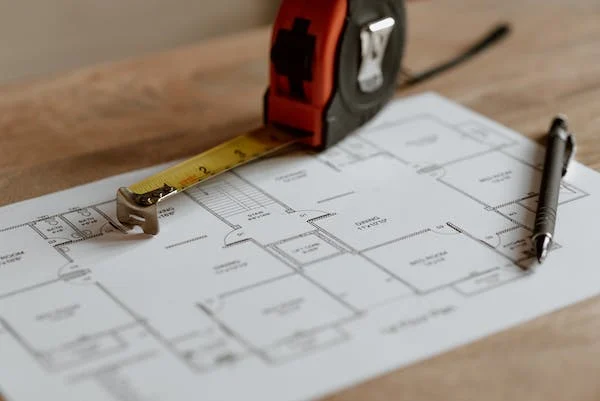4 Tips for Building a New Home From Scratch
Right now, home prices are rising due to a series of interest rate hikes. While demand has cooled down, buying a new home remains out of reach for many. This has caused buyers to shift towards renting as a more affordable way to secure a comfortable living space.
Some may consider building a home from the ground up even though construction materials prices keep rising. Building permits declined slightly last December and new developments are facing delays due to supply chain constraints, but these factors aren’t stopping people from wanting a custom home. That’s because a newly built living space offers numerous benefits:
- Greater space for customization: When you buy an existing home, you will only get the features and amenities that are already in place. There’s only so much you can modify compared to building from scratch. Constructing a new home gives you the flexibility to choose floor plans, outdoor areas, and the site where it will stand.
- Pay fewer maintenance costs: Building a new home will cost you a lot, but you can still save on maintenance since you are starting fresh. From new appliances and HVAC systems to the latest in home construction technology, your new home could last years without repairs and improvements.
- Your choice of a community: It will take forever to find a home in your preferred community. While buyer demand is beginning to slow down, it remains high, especially in top neighborhoods across every major city. On the other hand, there’s no competition if you are building a new home. You only need to secure a great site on which it will stand.
Enjoying these benefits come with a hefty cost. Without the right preparation, you could end up wasting time and money and falling short of your goals. To make the most of building a new home from scratch, here are a few tips you need to follow:
- Look for a great location
When it comes to building a new home, location is everything. You wouldn’t want to choose a site you will regret later on. Take your time finding a strategic location. Consider your needs in the process. Do you want to live on the outskirts of a major metropolis? Maybe you want to settle down in more rural areas?
There’s a lot you need to take in, so get inputs from local authorities and consult an experienced home builder. It also matters to check if the site lies near high-risk zones such as a floodplain or an active fault line. Another factor you need to watch for is the presence of orphaned wells. For this, you may have to contact an oil well abandonment cleanup specialist for the job.
- Look for a construction and design team
Choosing the site of your new home is only the beginning. Starting the construction will be the real challenge. You will need to make a lot of decisions and there’s a good chance you will end up making the wrong ones if you lack expert foresight.
For this reason, you need to have a solid construction and design team who can help you accomplish each step of the process. Look for a local builder that’s registered with state databases. You can also check local builders’ associations or ask for referrals from within your network.
Do the same when you scout for an architect to help you realize your dream home. You just need to communicate closely with your architect in coming up with a design that reflects your needs and lifestyle.
- Understand the law
You can’t start a new construction without preparing the necessary documents and making sure the project doesn’t overlook existing construction laws. Consider the permits you will need to secure for each component. You should also know which documents you will need to present before the local government. On top of that, you should also check if the project follows local zoning ordinances.
Dealing with the homeowner’s association in the community is another challenge. So long as you follow the building code and have no issues with HOA rules, you won’t be facing any more problems once the project starts. It can take some time to wrap your head around these policies, but it’s well worth the time.
- Know where to find financing
According to the National Association of Homebuilders, you could spend close to $250,000 for building a new home, but the cost could be even higher depending on where you are. The project could dry up your bank account, so you should know where to get extra funding.
You can opt for a construction loan if you have a minimum credit score of 620. You can also check if you qualify for loan programs under the Department of Agriculture and the Department of Veterans Affairs which offer manageable rates.
If you want to build a home instead of buying one, be prepared to face a few challenges. With these tips in mind, you can make the process simpler.

